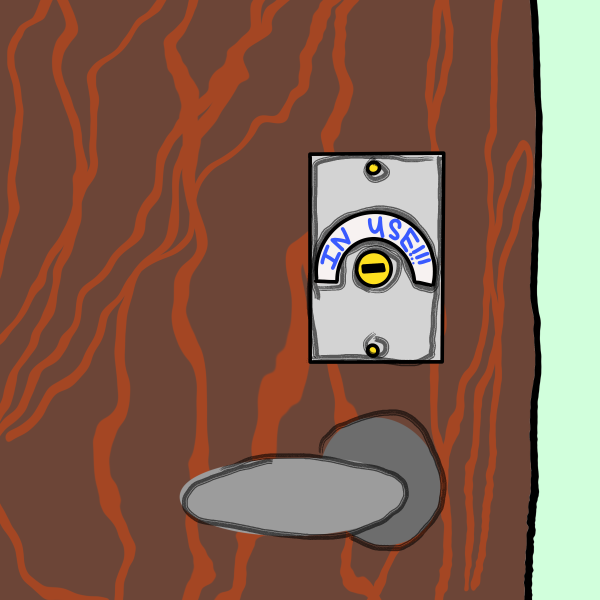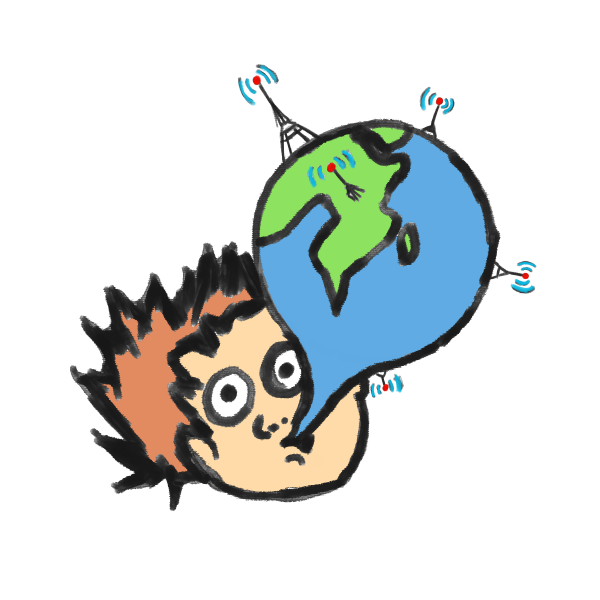Voting for the voiceless
Experiencing elections without the right to vote.
November 16, 2018
Each year, it seems Thanksgiving is glossed over after Halloween and we are thrown into the madness of Christmas. Although I no longer celebrate Thanksgiving, it is a special holiday to me. For me, Thanksgiving marks another year I have lived in the United States. I moved to Minnesota a day or two before the holiday in 2006. It is a time of general reflection about my journey, and this year I’ve been thinking about my status as a permanent resident of the United States quite a lot. With the recent midterm elections, I think we can all agree, we have been bombarded with encouragement to get out and vote. This bombardment was predominantly online, with social media platforms getting in on the action. Who would’ve thought Tinder would be encouraging its users to vote? I don’t know if I agree with their most-likely capitalistic reasons for doing so, but I am here for it because it’s another encouragement for people who are able to vote to do so.
It is, for lack of a better word, an interesting position to be in when you have lived the majority of your life in a country in which you don’t have the right to vote for the people who represent you and make decisions that affect your life. There are various reasons why a person might not be eligible to vote. According the United State Department of Homeland Security, in 2014 over 60% of Lawful Permanent Residents were eligible to (eventually) naturalize, eventually gaining the right to vote. That is an estimated 8 million votes. 8 million lives affected by laws and policies, but who have no say in the decision making by way of voting. This isn’t taking into account those who can’t vote for other reasons: not being of voting age, ex-felons (in some states), prisoners (in some states), and residents in U.S. territories.
Personally, it is anxiety-inducing to witness elections, especially after the 2016 presidential election. It’s as if you’re in a room and a decision is being made that will impact you in some way but you’re on the sidelines, invisible and mute. I’m aware there are other ways to participate during election seasons and the political process in general: marching, canvassing, letter writing, helping others register, informing others about candidates, etc…. However, there is something about my voice not being heard in the form of a vote that makes me feel helpless.
The past several weeks were filled with anxiety as I observed conversations about whether or not there would be a decent voter turnout and who would be voted in and out of office and registration. I want to say that my anxiety was reduced by people around me who were vocal about keeping in mind those who aren’t able to vote when casting theirs. I appreciate those who helped increase awareness about why some who live in this country cannot vote.
It was voters who propelled the history that was made during the recent elections and I look forward to taking part in the history-making. Until then, thank you.







